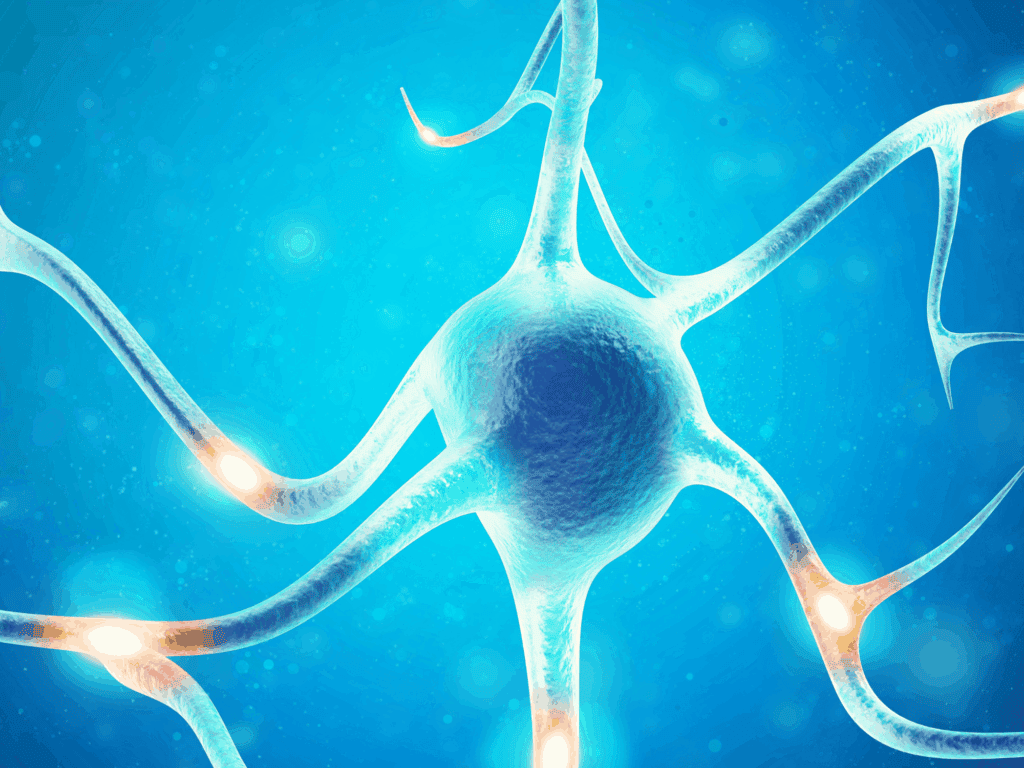A high-resolution 3D Doppler imaging tomography technique is allowing researchers from the Department of Biomedical Engineering at Stony Brook University to see and analyze the effects of cocaine on the brain. The neuroimaging technique provides evidence of how cocaine restricts the blood supply in vessels and small capillaries within the brain. The resulting cerebral microischemia can cause strokes in cocaine users according to the study, which was reported in the October 2012 issue of the journal Molecular Psychiatry.
Study Confirms Cocaine’s Effects on the Brain
The researchers administered doses of cocaine to rats that were proportionally the same as a typical human dose. They found that the drug inhibited cerebral blood flow (CBF) for varying lengths of time, and, in some cases, CBF was reduced by 70 percent. Recovery times also varied, and interruption in blood flow became more pronounced with repeated cocaine administration.
The researchers from Stony Brook University and the National Institute on Drug Abuse pointed out that the changes induced in the brain are likely contributing factors to the neurotoxic effects and neurological complications often experienced by cocaine users. Side effects of cocaine include facial paralysis, numbness, and sensory changes. In other words, cocaine’s effects on the brain are a direct result of this disrupted blood flow. Chronic cocaine exposure affects many other areas of the brain too; for example, research indicates that cocaine diminishes the user’s ability to adapt to negative consequences of drug use and decision-making.
Other neurological problems can also occur with long-term cocaine use, such as increased risk of stroke and seizures, as well as reports of bleeding within the brain and movement disorders, including Parkinson’s disease. Generally, studies suggest that a wide range of cognitive functions becoming impaired is one of the long-term effects of cocaine use – such as sustaining attention, impulse inhibition, memory, making decisions involving rewards or punishments, and performing motor tasks.
Scientists are utilizing new and emerging technology to see the damaging side effects of cocaine on the mind and body, some of which are irreversible. Analysis of cocaine’s effects also indicate that the memory of the cocaine experiences or exposure cues associated with drug use can trigger strong cravings, which can lead to relapse.
The sooner an individual can escape the effects of using drugs like cocaine, methamphetamines, and alcohol stops, the better. Cocaine’s long term effects on the brain can be disastrous and irreversible.
Treatment for Cocaine Addiction at Northbound Treatment
Northbound Treatment Services offers cocaine and crack addiction treatment at our rehab treatment centers. We take a clinical and holistic approach to addiction treatment, considering every patient’s mind, body, and spirit. For more information about our philosophy and services, visit our admissions page.
The Beginning Stages of Treatment at Northbound
Once you enter into a treatment program, there are a number of things that need to occur prior to you or your loved one receiving any form of medical care. One of these things is conducting a professional and proper addiction assessment. Our evaluation for cocaine treatment includes a variety of different things that help us ensure your cocaine addiction recovery is catered to your health care needs, so you’re receiving the type of care best suited for your unique needs.
During treatment, you’ll work with a variety of different people at Northbound, including licensed clinicians and therapists who will provide addiction treatment expertise, support, detox for cocaine treatment.
Author
-

President, CEO & Founder at Northbound Treatment Network
Paul Alexander is the CEO, President & Founder of Northbound Treatment Network in Newport Beach, California. He believes wholeheartedly in transformational leadership, organizational health and effective, fully integrated substance use disorder and mental health treatment. With over 27 years of experience in behavioral healthcare, Paul has extensive knowledge of “in vivo” treatment modalities, clinical development, operations, strategy, marketing and financial planning. He has been widely recognized for his development of collegiate-based residential treatment programs for students in recovery and authored a research study at The University of California confirming this modality’s effectiveness.
Paul’s comprehensive professional experience, willingness to innovate, and emphasis on organizational health are vital factors in Northbound’s continued success. Paul received his Certified Addiction Treatment Specialist training at Saddleback College in Mission Viejo, CA, and was awarded Outstanding Alumni Service Award in 2002. Paul holds a Bachelor of Arts degree in Criminology, Law and Society, Summa Cum Laude, from University of California, Irvine, and a Juris Doctorate degree from Loyola Law School of Los Angeles. Paul currently serves on The National Association of Addiction Treatment Providers (NAATP) board. In addition, he serves on The Family Recovery Foundation board and The CarePossible board in Orange County; both organizations are committed to raising funds for family recovery and treatment for former military personnel. Paul is in recovery himself and lives in Orange County with his wife Silvana and his two young sons, Noah and Dean.







